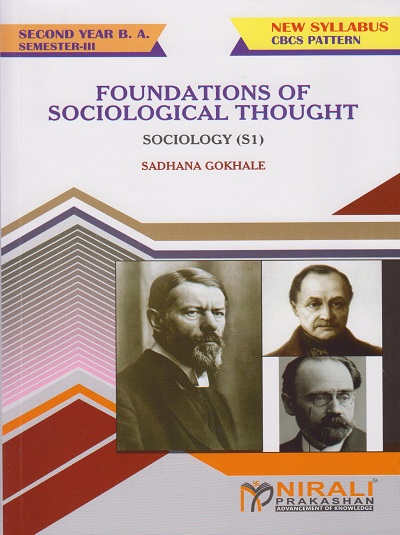

His work, Sociology Through Literature, provided a different view of sociology by incorporating pieces that were written by great writers. Coser incorporated literature in his sociological theorizing and teaching. This dissertation became one of his greatest publishing’s, making the top sellers list for the 20th century by the journal Contemporary Sociology. Because Coser believed that conflict was practical and useful, he could explain the departure from the norm, that past and present sociologist couldn’t. By weighing out the different opportunities to reach our goal, we allow for additional, and stronger conflict. This is to open up new doors for ways we can reach our end goal. There are reasons why we may initiate a conflict, or not avoid one.

Coser also argued that unlike other animals, humans have conflicts for a reason, an end goal. Coser argued that conflict is second-nature for us.

In Coser’s dissertation from the University of Columbia, The Functions of Social Conflict, he spoke about the conflict theory in a new light. He's had an amazing impact in society, and still continues to have the impact on students today. He wrote about the social conflict and the theory of social change which was something everyone remembers him for. Coser was known most for his book, Men of Ideas, and Master of Sociological Thought. Social conflicts were something that he really dedicated time into, he really wanted to find the functions of it. He and his wife earned their PhD's from Columbia University. He founded the sociology department at the Brandies university. Coser became a well-known sociologist, both as a teacher and a writer. He had to flee to Paris due to Hitler and the Nazis. Los Angeles: University of California Press.Many know him as Lewis Coser or as the 66 th president of the American Sociological Association, but his birth name was Ludwig Cohen. 1984 Big Structures, Large Processes, Huge Comparisons. Berkeley: University of California Press. 1975 Sociology: A Multiple Paradigm Science. 1969 The Decline of the German Mandarins. 1973 “Classic on a classic.” American Sociology Review 38:399.
#Coser masters of sociological thought pdf free
New York: Free Press.ġ974 Introduction to E. New York: Basic.ġ968 The Structure of Social Action. 1978 Toward the Onology of Social Being, Vol I: Hegel. London: Constable.ġ982 Max Weber and Karl Marx. forthcoming Basic Questions of Marxist Sociology.ġ964 From Hegel to Nietzsche. The Owl of Minerva 15:199–203.ġ985 “The question of Hegel's influence on Durkheim.” Sociological Inquiry: 55:1. Edinboro: Pennsylvania Sociological Society.ġ984 Review of Hegel Contra Sociology. Babbitt (ed.) The Sociological Galaxy: 79–89. New York: Free Press.ġ982 “The question of Hegelian influence upon Durkheim's sociology.” In C. by Wallace.) Oxford: Oxford University Press.ġ978 The Phenomenology of Spirit. New York: Dover.ġ969 The Science of Logic. New York: Random House.ġ956 The Philosophy of History. London: Clarendon.ġ953 The Philosophy of Hegel. London: Cambridge University Press.ġ952 The Philosophy of Right. 1971 Capitalism and Modern Social Theory. Hill 1979 “The paradigm concept and sociology.” American Sociological Review 44:925. essays sur la conception materialiste de l'histoire.” Revue Philosophique XLIV:645–651.ġ970 “Correspondence a propos du conflit de la morale et de la sociologie.” Revue Philosophique de Louvain 14:606–607 612–614.Įckberg, D. Bristol: Gill and MacMillan.ġ897 “Labriola, A. 1979 Hegel's Social and Political Thought. New York: Harcourt, Brace, Jovanovich.Ĭullen, B. Princeton, NJ: Princeton University Press.Ĭoser, L. London: Cambridge University Press.Ĭohen, G. 1972 “Marx and Weber on liberalism as bourgeois ideology.” Comparative Studies in Society and History 14:130–168.Īveniri, S. Berkeley: University of California Press.Īrthur, Chris 1983 “Hegel's master-slave dialectic and a myth of Marxology.” New Left Review 142:67.Īshcraft, R.


 0 kommentar(er)
0 kommentar(er)
